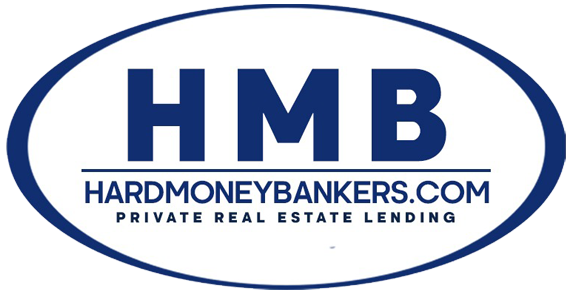If you’re a real estate investor looking for quick and flexible financing options, hard money loans can be a game-changer. Unlike traditional bank loans, hard money loans focus on collateral rather than credit scores or extensive paperwork. With over 4,000 real estate transactions funded since 2007, I’ve encountered countless questions about hard money lending. Here are the top 11 FAQs to help you understand how hard money loans work and whether they’re the right fit for your investment strategy.
1. What Credit Score is Needed for a Hard Money Loan?
Unlike traditional lenders, hard money lenders do not have strict credit score requirements. The loan approval is primarily based on the value of the collateral—the property being financed. While credit history is considered, even borrowers with low credit scores can qualify by bringing a higher down payment or demonstrating a strong investment strategy.
2. How Hard is it to Get a Hard Money Loan?
Hard money loans are designed to be easy, fast, and flexible. Since they are not institutionally backed, they don’t require extensive documentation like tax returns or income verification. The key factor is having a solid investment property that serves as collateral. As long as you have a viable real estate deal and an exit strategy, securing a hard money loan is relatively straightforward.
3. How Do You Find a Hard Money Lender?
Referrals are the best way to find a reputable hard money lender. Ask fellow real estate investors, agents, mortgage brokers, or title companies for recommendations. You can also search online for local hard money lenders and check their reviews on Google, Facebook, and other platforms. A lender with a strong track record and positive testimonials is a good sign.
4. How Quickly Can I Get a Hard Money Loan?
Hard money loans can close in as little as a few days, depending on due diligence and title work. Some deals even close within 24-48 hours if necessary. Since lenders use their own capital, they can move much faster than banks, making them ideal for investors who need quick funding for auctions, distressed property purchases, or time-sensitive deals.
5. How Much Down Payment Do I Need for a Hard Money Loan?
Most hard money lenders require a down payment of around 20%, though it can range from 10% to 30% depending on the deal and the property’s value. Having some “skin in the game” ensures the borrower is financially committed to the project.
6. What is the Average Interest Rate of a Hard Money Loan?
Hard money loan interest rates typically range between 10% and 16%. While higher than traditional bank loans, the speed and flexibility they offer can outweigh the cost, especially for investors looking to flip properties quickly or secure deals that banks wouldn’t finance.
7. Do Hard Money Loans Require an Appraisal?
In most cases, no. Hard money lenders use their own valuation methods, including MLS comps, broker price opinions, and internal analysis. This saves time and allows deals to close faster than if a traditional appraisal were required.
8. What Are the Four C’s of Hard Money Lending?
The four C’s that hard money lenders consider are:
- Collateral – The property being used as security for the loan.
- Character – The borrower’s experience and reliability.
- Capacity – The borrower’s ability to make payments and complete the project.
- Credit – While not a dealbreaker, it helps tell a borrower’s financial story.
9. How Do Hard Money Lenders Determine ARV?
ARV (After Repair Value) is a key metric for fix-and-flip projects. Hard money lenders estimate ARV by analyzing comparable sales of fully renovated properties in the same area. This helps determine how much the property will be worth post-renovation and how much financing can be offered.
10. Why Would Someone Use a Hard Money Lender?
Real estate investors use hard money loans for speed and flexibility. Traditional bank loans take weeks or months to process, whereas hard money loans can close in days. Investors who buy properties at auctions, pre-foreclosures, or distressed sales often rely on hard money lenders to secure deals quickly.
11. Do You Make Monthly Payments on Hard Money Loans?
Yes, just like traditional mortgages, hard money loans require monthly interest payments. Typically, payments are made in arrears, meaning the first payment is due the month after closing. Some lenders offer prepaid or deferred interest options, depending on the deal structure.
Final Thoughts
Hard money lending is an essential tool for real estate investors who need fast, flexible financing. Whether you’re flipping houses, purchasing rental properties, or securing a short-term bridge loan, understanding these key aspects of hard money loans can help you make informed financial decisions.
If you’re considering a hard money loan, do your research, connect with experienced lenders, and ensure the terms align with your investment goals. The right lender can be a valuable partner in building your real estate portfolio.



